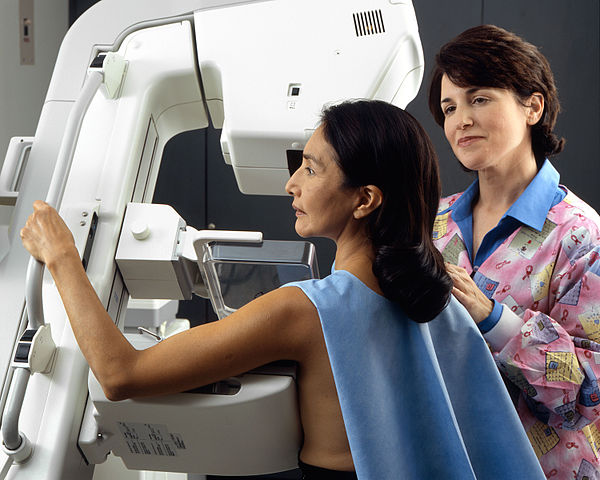
Why Mammograms Are Vastly Oversold
Early detection through mammography is the annual clarion call of pink-ribboned Breast Cancer Awareness campaigns. October 21 is National Mammography Day — a day during which women are barraged with reminders that getting a mammogram could save their life.
However, little effort has been made to educate women about the crucial differences between non-malignant lesions and invasive or non-invasive cancers detected through this technology.
October 14, 2015 | Source: Mercola | by Dr. Mercola
Early detection through mammography is the annual clarion call of pink-ribboned Breast Cancer Awareness campaigns. October 21 is National Mammography Day — a day during which women are barraged with reminders that getting a mammogram could save their life.
However, little effort has been made to educate women about the crucial differences between non-malignant lesions and invasive or non-invasive cancers detected through this technology.
Instead, the general idea that breast cancer is something you either have or don’t have is perpetuated, without any distinctions of its relative risk for harm. Fortunately, there are rays of hope, as both researchers and journalists are starting to speak out against the overuse and risks of mammography.
Ionizing Radiation Is a Cancer RISK — Why Is It Promoted as a Primary ‘Prevention’ Tool?
First of all, it’s important to realize that the ionizing radiation used to discern breast tumors is a risk factor for the development of breast cancer. Additionally, if you do have a malignant tumor, the crushing compression of your breast could potentially cause it to spread.1
Yet you won’t see any information about these risks during these pinkwashing campaigns. Nor will you hear that these risks may be magnified if you are genetically predisposed to breast cancer.
In fact, women with BRCA mutation are typically advised to get mammograms every six months or so, which is clearly a recommendation that will increase malignant transformation due to ionizing radiation exposure.
Secondly, the identification of the word “prevention” with “early detection,” is a disingenuous way of saying that “all we can do to prevent breast cancer is to detect its inevitable presence sooner than would be possible without this technology.”
This is absolute deceptive hogwash as nothing could be further from the truth. Detection is NOT prevention, and really should not be advertised as such.
